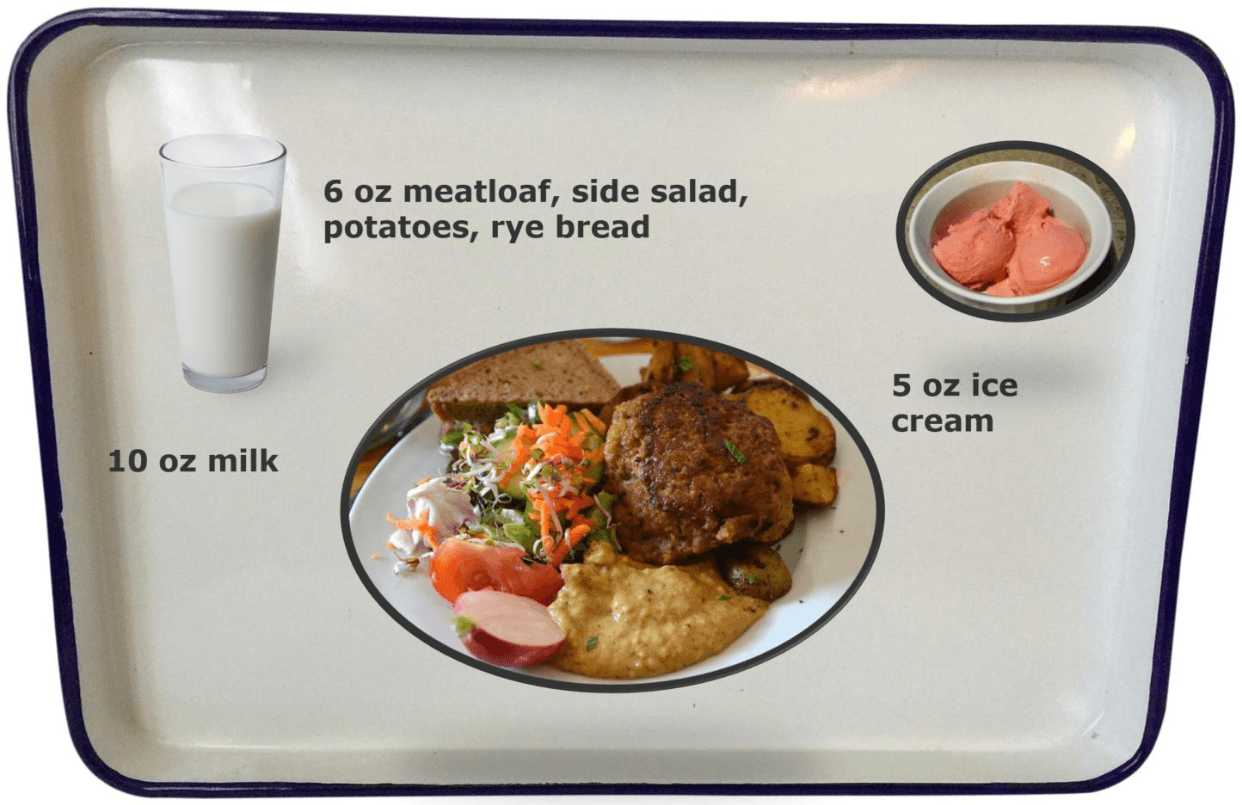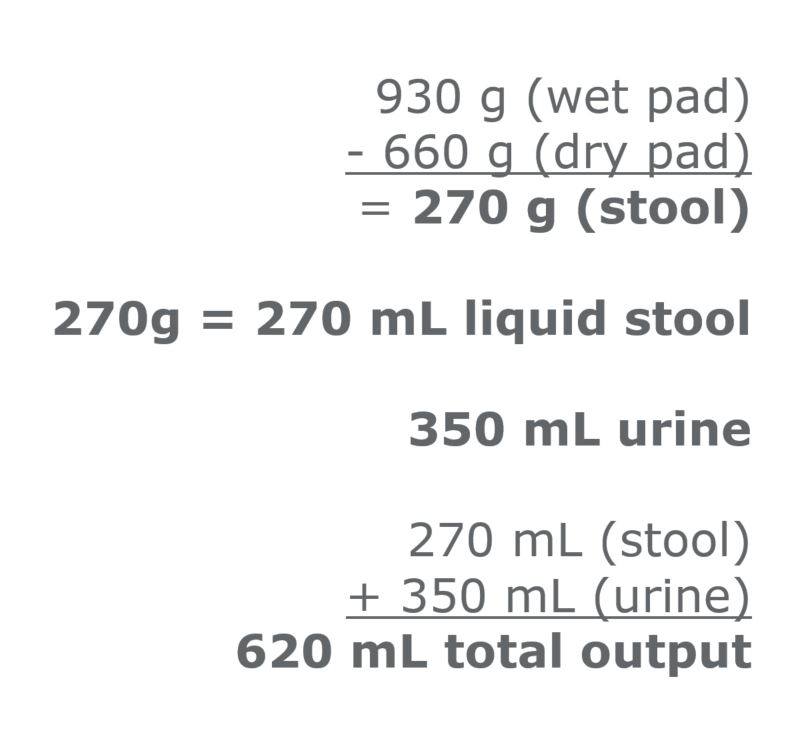A way to communicate information but also show we care.
What is Heart-Head-Heart
In a patient's chart, this is how you document substances that melt or are liquid at room temperature.
What is fluid intake?
Promotes patient comfort, nutritional intake, and oral health, and reduces dental plaque, oral colonization, and mucosal inflammation.
What is oral care?
This tells us what is happening INSIDE our patients and informs us of improvements, declines in condition, infections, the patient's "normal" baseline.
What are vital signs?
Temperature, BP, HR, Respiratory Rate, Pulse Oximeter
Reasons for peri-care (name two).
What is:
Patient is unable to do it themselves / Prevents skin breakdown / Promotes cleanliness and prevents infection?
We make a point to speak well of ourself, peers, and Banner.
What is the patient is in "Good Hands."
The amount of documented fluid intake for half-eaten 240 mL cup of ice chips.
What is 60 mLs?
These actions are part of providing oral care (name at least two).
What is brushing the teeth, gums, and tongue with a soft, compact-head toothbrush; using an oral rinse; providing denture cleaning if applicable; inspecting the oral tissues and moisturizing the oral mucosa.
These aspects of a BLOOD PRESSURE CUFF can result in improper results. (Name two).
What is SIZE (too big or too small) and LOCATION (positioned above/below the heart or on a restricted ARM)?
Bathing best practices include these.
What is:
Maintain privacy and dignity / ALWAYS check for skin breakdown / Be sure to wash between skin folds / ALWAYS return bed to low position to reduce fall risk / Can use soap and water, personal cleanser, or Chlorhexidine wipes / Have change of bedding and clothing ready to go before beginning / Raise the bed to a comfortable working level to avoid back injury?
DO NOT use Chlorhexidine wipes on the head.
Offer to help if someone looks lost or needs help and acknowledge those around you.
What is the "No Pass Zone."
Calculate the fluid intake you would document.

450 mL
These are supplies to assist with Oral Care for your patients (name four or more).
Gloves, oral moisturizer, oral rinse, soft toothbrush, swabs, toothpaste, dental floss, emesis basin, goggles, gown, mask, suction, denture cup, denture cleanser, denture adhesive.
Pulse oximeter results can be skewed by these things.(Name two).
LOCATION (If positioned on same arm as inflated BP cuff) and TEMPERATURE of arm/fingers.
This is the single most important way to prevent the transmission of pathogens in the healthcare setting.
What is handwashing/hand hygiene?
Acknowledge, Introduce, Duration, Explanation, Thank you
What is AIDET
We measure liquid stool this way.
What is collection bag/device (mLs)/padding/diaper (weight)?
Weight in grams is converted 1:1 to mL output (1 gm = 1 mL)
True or False: Brush the patient's palate, buccal surfaces, gums and tongue with a soft toothbrush or swab at least twice per day but ideally four times per day.
What is true?
You walk into Mr. Smith’s room to take his vital signs, but he is on the floor and doesn’t respond to your voice or touch. These are your NEXT ACTIONS.
Call for help while you check for pulse (at least 5 sec and no more than 10 sec) / If no pulse call a code / Begin Chest Compressions (100-120/min).
The PPE required for CONTACT precautions.
What are gloves and gowns?
Communicate with Heart; Strengthen Trust; Make it Better
What is "Our Promise, It Starts with Heart!"
Calculate the output: Your patient has a urinary catheter and has pressed her call light. You go in and find a significant amount of liquid stool on the cloth under pad. You assist her with peri care and change her linens.
Urine collection device = 350 mL; dry cloth under pad weight = 660g; Soiled under pad weight = 930 g

Obtain the assistance of a coworker or caregiver, as necessary, and use skillful, strategic communication. Some patients resist oral care through disruptive behaviors or cognitive impairment. If necessary, attempt oral care at another time of day when the patient may be more cooperative or in a more suitable environment. If the patient STILL refuses, THEN DOCUMENT THE REFUSAL accurately in Cerner.
During a code, the code cart has arrived but the code team is not here yet. Your next steps are:
Begin airway and breathing with bag-valve mask (2 ventilations for every 30 compressions) / Put the monitor pads/AED on them and turn on the monitor/AED. For AED follow the voice prompts.
These are steps we can take to ensure good lifting will not result in injury. (Name four)
What are:
Thinking/planning before lifting
Getting assistance with ALL patient moves/transfers/repositioning.
Using good form/posture
Removing clutter/obstacles
Proper training with equipment
Taking your time to do it correctly